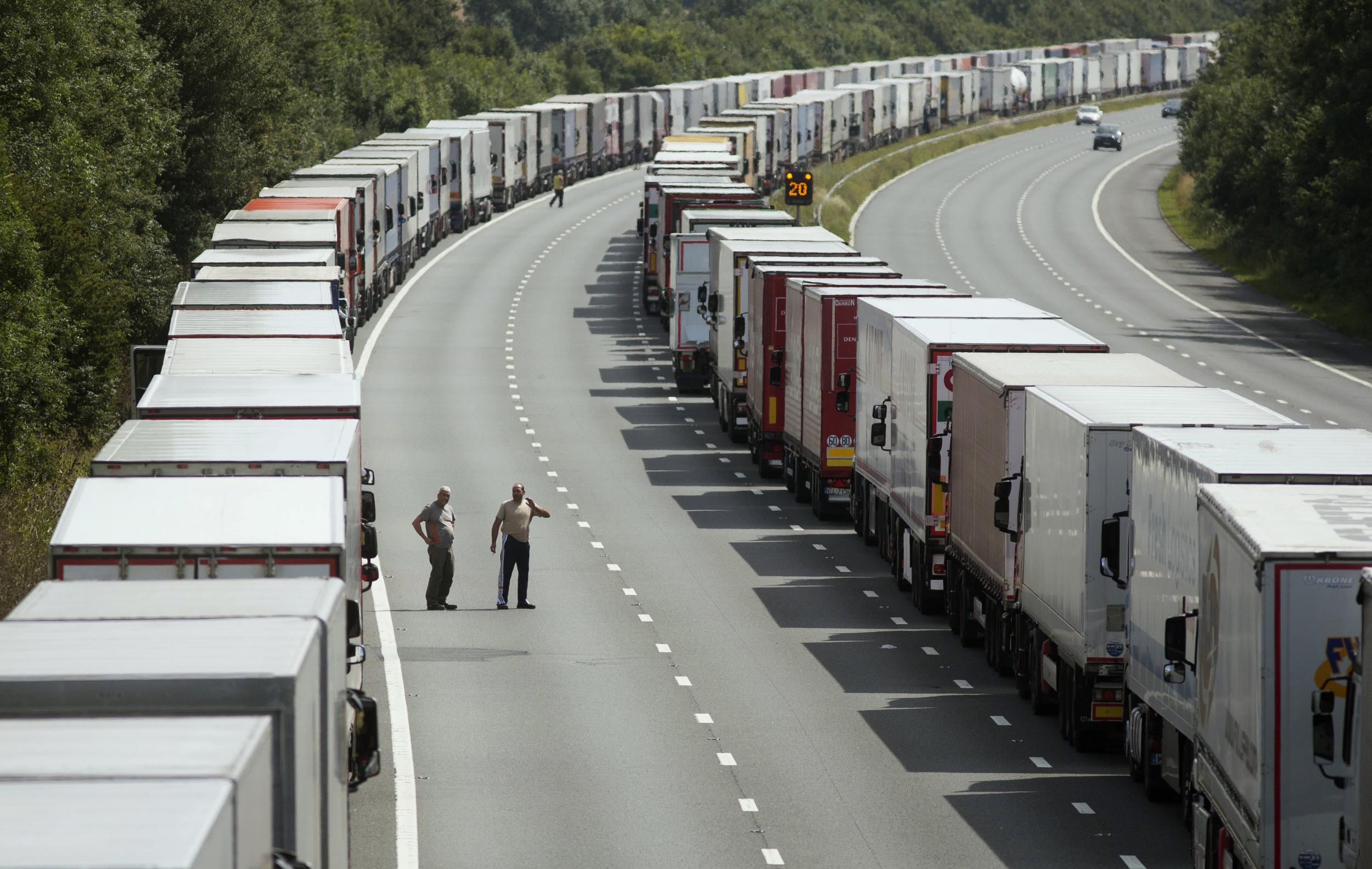Brexit: Theresa May warned Britain could lose 4.5% of its GDP if it leaves EU customs union
Cabinet ministers receive stark economic warnings against adopting a 'Norway-style' model

The UK could suffer a fall in GDP of 4.5% by 2030 if it leaves the EU customs union.
Cabinet ministers were given stark warnings from multiple sources of the effect of adopting a Norway-style model, in a paper that was circulated at a meeting of Theresa May’s Brexit cabinet committee, according to the Guardian.
Studies by the Treasury, think tank NIESR and London School of Economics' Centre for Economic Performance, made pre-Brexit predictions of the impact of the UK remaining in the single market but leaving the customs union.
The paper warned that the UK would need to grow trade with its 10 largest partners outside the EU by 37% by 2030 in order to mitigate any negative impact on trade.
Professor Thomas Sampson at London School of Economics corroborated the warnings, arguing that leaving the customs union would be bad for the economy.
“Leaving the EU customs union would hurt the British economy and a fall in GDP per capita of 4.5% by 2030 is a sensible estimate of the potential impact. We cannot know for certain how large the costs will be,” he told The Independent.
“At the Centre for Economic Performance at LSE we estimate the effect of leaving the customs union and trading with the EU under World Trade Organisation rules would be equivalent to a fall in living standards of between 2.6% and 9.5% due to reduced trade with the EU.”
Professor Sampson advocated a “soft Brexit”, warning the consequences of leaving the customs union would result in a fall in wages and would force the government to make cuts.
“This would mean a fall in average real wages and would lead to lower tax receipts forcing the government to cut public spending,” he said.
“Pursuing a soft Brexit and staying in the Customs Union and the Single Market would be a better option for the British economy.”
Ministers were also warned that some ports, including Dover and Holyhead, could find themselves completely log-jammed if custom checks on trade vehicles were implemented.
Jonathan Roberts, head of communications at the UK Chamber of Shipping, said the dissolution of custom checks in 1992 spurred a huge spike in trade between the UK and the EU.
“When custom checks were abolished in 1992, it basically meant you could trade as easily with Munich as you could with Manchester, we saw a big spike in trade between the UK and the EU,” he told The Independent.
“Whenever you make trade more easy, the volume of trade will inevitably go up.”

However, he warned UK port and motorway infrastructure had not been designed to accommodate custom controls, which could cause significant backlogs.
“If there was any kind of reintroduction of customs reporting you would have a backlog, a major traffic problem in and around the ports because there is nowhere for lorries to go while the paperwork is being sorted, so theoretically traffic jams could become commonplace, like the ones we saw earlier in the year that stretched miles long,” he said.
“Making trade more difficult, you could assume there would be a drop in the volume of trade. That would bad for the UK, but crucially for the EU as well. This is the kind of mechanical detail that is never going to be discussed in a referendum debate but that ultimately we need to think of.”

Mr Roberts argued that there was no incentive for Europe to implement strict custom controls due to the amount it imports to the UK.
“The UK has a trade deficit with the EU so it is not in the EU’s interest to see trade become more difficult with the introduction of checks, I think it’s quite unlikely there will be a significant reintroduction because it is in no one's interest for that to happen,” he said.
“I assume the UK will come to an agreement with some very light touch custom reporting. The EU sells us far more than we send to them so it’s not in their interest to make trade more difficult, so you can make a reasonable stab that neither side wants to harm their trade relationships.”
However, Brexit secretary David Davis and international trade secretary Liam Fox allegedly claimed the paper was “pessimistic”.
Mr Fox allegedly told colleagues that non-EU countries had assured him the UK would be able to continue trading on the same conditions until new agreements had been drawn up, according to The Guardian.
Downing street declined to comment on the paper and confirmed their stance that thay would not comment on ongoing Brexit negotiations.
A UK Government lawyer said on Tuesday it is “very likely” MPs will be able to vote on the final Brexit agreement between the UK and the EU.
James Eadie QC spoke in the High Court as part of the final day of a hearing to decide whether the Prime Minister can trigger Article 50 without parliamentary approval.
Downing Street has since confirmed that he was representing the Government's position.
Join our commenting forum
Join thought-provoking conversations, follow other Independent readers and see their replies
Comments